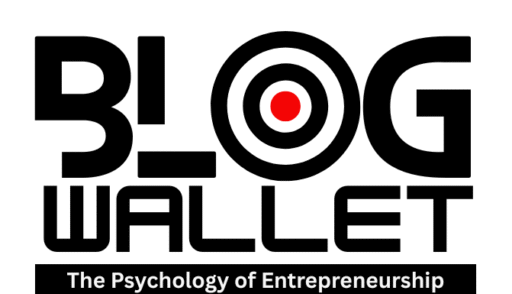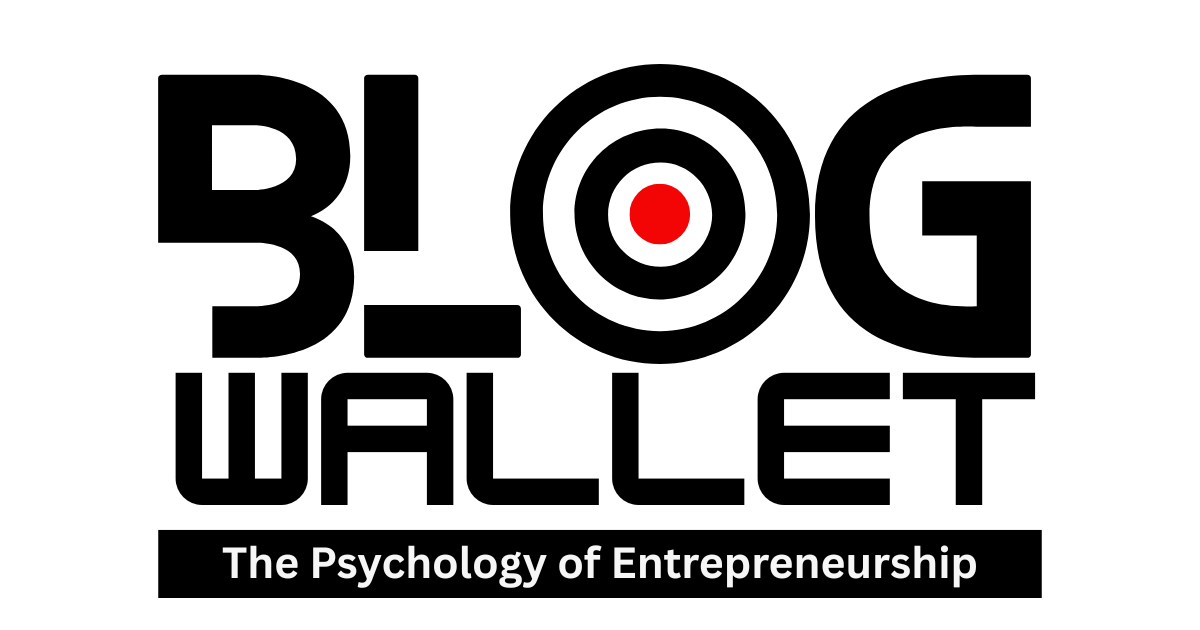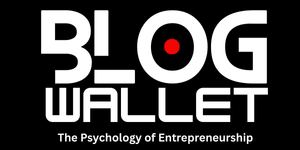How To Audit Your Critical Thinking Exercises In 30 Minutes
# How to Audit Your Critical Thinking Exercises in 30 Minutes
Critical thinking is an essential skill that plays a vital role in decision-making and problem-solving. It is not merely a buzzword used in meetings to impress others; it is a fundamental aspect of achieving success in any endeavor. This article will guide you through a structured approach to auditing your critical thinking skills in just 30 minutes.
## Understanding Critical Thinking
Critical thinking involves the ability to analyze information, evaluate different perspectives, and make informed decisions. It goes beyond superficial contemplation; it requires a deep examination of facts and circumstances. In the competitive landscape of business, the ability to think critically can distinguish successful individuals from those who merely follow trends without understanding the underlying principles.
Many individuals make decisions based on emotions or assumptions rather than logical reasoning. For example, early in my career, I made the mistake of hiring friends based on loyalty rather than expertise. This experience taught me that relationships should not overshadow the qualifications and capabilities of individuals. Critical thinking requires a focus on what each person can contribute to the organization.
## Steps to Audit Your Critical Thinking
To effectively audit your critical thinking skills, you can follow these structured steps. This process will help you identify areas for improvement without overwhelming you.
### Reflect on Past Decisions
Begin by examining your previous decisions. Identify instances where your choices led to positive outcomes, as well as those that resulted in negative consequences. For instance, I once invested $15,000 in a marketing initiative that promised significant returns but ultimately failed to deliver. Upon reflection, I realized that I had not thoroughly vetted the proposal and had been overly eager for quick success.
When analyzing past decisions, focus on the decision-making process rather than just the outcomes. Consider the factors that influenced your choices and whether you followed a logical approach.
### Question Your Assumptions
It is crucial to challenge your assumptions regularly. Ask yourself why you are considering a particular course of action and explore alternative options. Consider who benefits from your decision and who may be adversely affected. If an idea cannot withstand scrutiny, it may not be as viable as you initially believed.
I learned this lesson during my expansion plans for Radio Facts. I nearly committed to leasing unnecessary office space, driven by the desire to project an image of success. Fortunately, a mentor helped me recognize the flaws in my thinking. Strive to be your own mentor by critically evaluating your ideas and decisions.
### Identify Blind Spots
Everyone has blind spots that can hinder effective decision-making. For instance, I once overestimated the loyalty of my industry connections, assuming they would support my endeavors without question. The reality was different; support must be earned and cultivated over time.
To identify your blind spots, seek feedback from trusted colleagues or mentors who are willing to provide honest assessments. Challenge your assumptions and be open to constructive criticism. This process will help you gain a clearer perspective on your decision-making processes.
## Make Critical Thinking a Habit
Critical thinking should not be a sporadic exercise reserved for significant decisions. Instead, it should be integrated into your daily routine. Like a muscle, the more you practice critical thinking, the stronger it becomes. Incorporate these auditing steps into your regular decision-making processes, ensuring that you consistently evaluate your thoughts and actions.
## Conclusion
In summary, auditing your critical thinking skills is not about fostering self-doubt or becoming paralyzed by indecision. Rather, it is about ensuring that your decisions are well-informed and calculated. By respecting the process of critical thinking, you can refine your approach to decision-making.
Throughout my journey in building BlogWallet and Radio Facts, I have learned that time is one of the most valuable assets. However, the ability to think critically and navigate complexities is equally important. Recognizing when external factors, such as timing or opportunities, are influencing your path can also guide you toward making better choices.
Take the time to conduct a critical thinking audit. In just 30 minutes, you can gain valuable insights that will benefit your future decision-making. Remember, the journey to success is often challenging, but it is ultimately rewarding. Stay focused, remain inquisitive, and continue to develop your critical thinking skills.





